Summaries of books about Science & Math:

The Demon-Haunted World
Science as a Candle in the Dark
Carl Sagan
The book advocates for scientific skepticism and critical thinking, warning against pseudoscience and superstitions that cloud human understanding. It emphasizes the importance of the scientific method as a tool for illuminating the truth and dispelling myths in an increasingly complex world.
See full summary

Longitude
The True Story of a Lone Genius Who Solved the Greatest Scientific Problem of His Time
Dava Sobel
The book chronicles the life of John Harrison, an 18th-century clockmaker, who invented the marine chronometer, a device crucial for precise navigation at sea. It details his struggle to perfect his invention and gain recognition from the British government, which had offered a substantial prize for a solution to accurately determining longitude.
See full summary
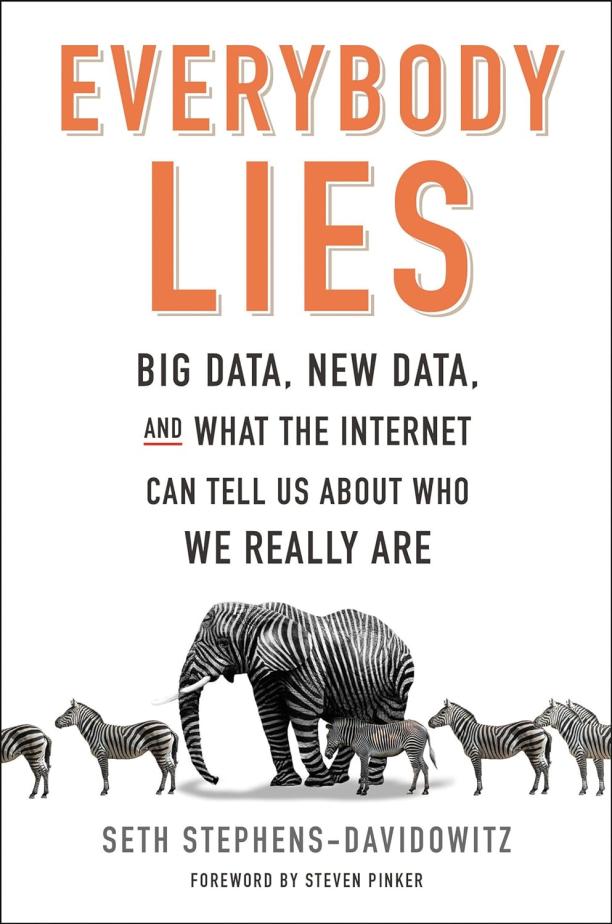
Everybody Lies
Big Data, New Data, and What the Internet Can Tell Us About Who We Really Are
Seth Stephens-Davidowitz
The book explores how the vast amounts of data generated by internet searches and online activity can reveal deep truths about human behavior, preferences, and prejudices that are often hidden in traditional surveys or studies. It uses real-world examples and research to demonstrate how this "big data" can provide insights into topics like sexuality, racism, health, and economics, challenging our understanding of how society truly functions.
See full summary
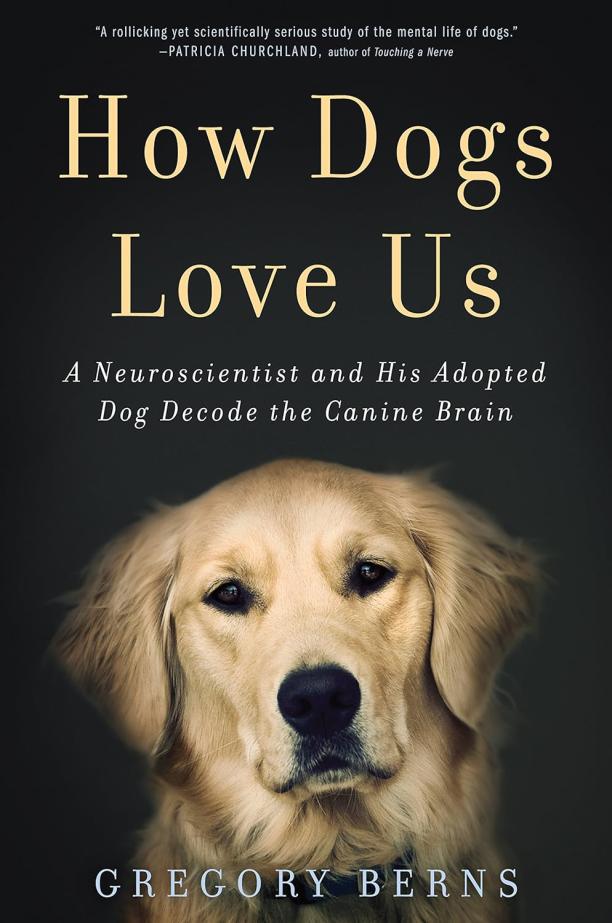
How Dogs Love Us
A Neuroscientist and His Adopted Dog Decode the Canine Brain
Gregory Berns
The book explores the emotional connection between dogs and humans by detailing a groundbreaking experiment where the author trained dogs, including his own, to undergo MRI scans willingly. These scans provided insights into the dogs' brain functions and their capacity for emotions like love and loyalty, similar to humans.
See full summary
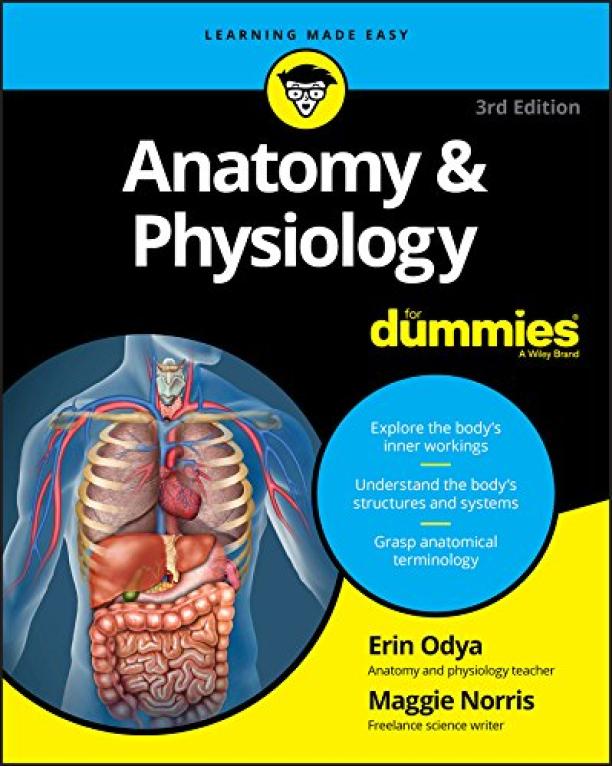
Anatomy & Physiology For Dummies
writer Maggie Norris
The book simplifies complex concepts of human anatomy and physiology, providing readers with a foundational understanding of the body's structure and functions. It includes explanations of bodily systems, organs, and the biological processes that maintain life, often accompanied by illustrations and practical examples to enhance learning.
See full summary

Algorithms to Live By
The Computer Science of Human Decisions
Brian Christian, Griffiths
The book explores how concepts from computer algorithms can be applied to solve everyday problems and make decisions in human life. It delves into a variety of topics such as optimal stopping, explore/exploit tradeoffs, sorting, caching, scheduling, and game theory, demonstrating their relevance to real-world situations and personal productivity.
See full summary
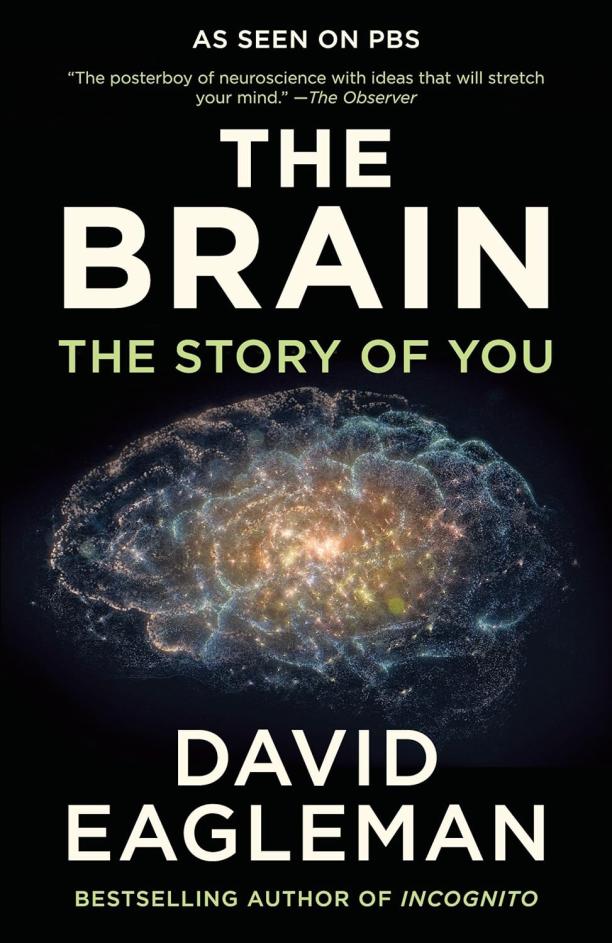
The Brain
The Story of You
David Eagleman
The book explores the inner workings of the human brain, delving into how it shapes our reality, identity, and experiences. It examines the brain's development, its capacity for creativity and decision-making, and the implications of neuroscience on our understanding of consciousness and what it means to be human.
See full summary
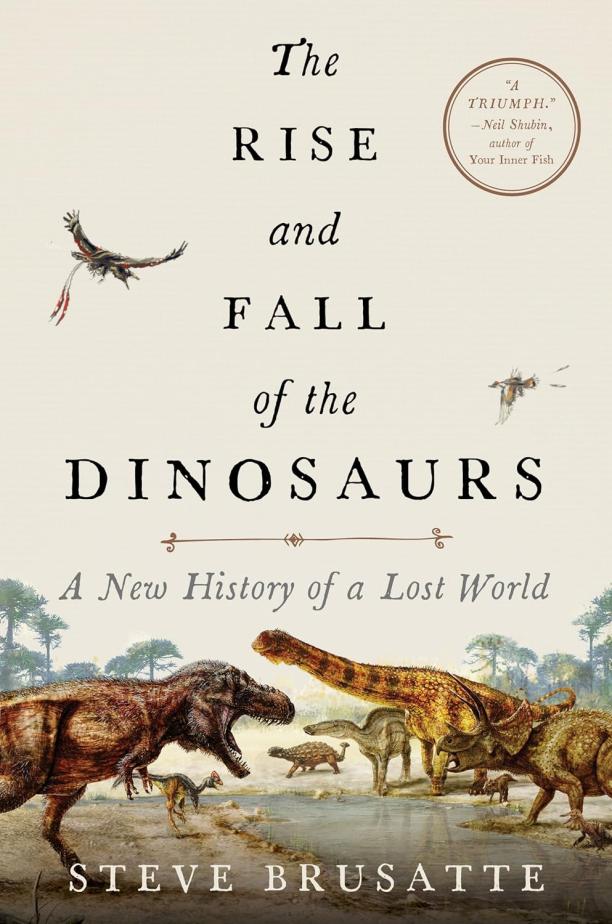
The Rise and Fall of the Dinosaurs
A New History of a Lost World
Steve Brusatte
The book provides a detailed narrative of the evolution, reign, and extinction of dinosaurs over the course of millions of years, combining scientific discoveries with vivid descriptions of the prehistoric world. It explores the latest paleontological research to explain how dinosaurs rose to dominance and what factors led to their eventual demise.
See full summary
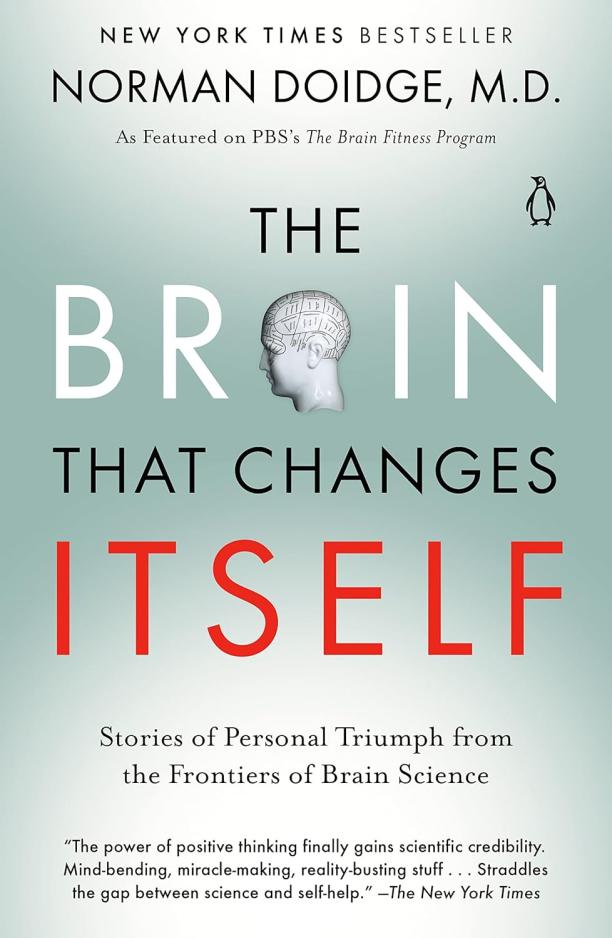
The Brain That Changes Itself
Stories of Personal Triumph from the Frontiers of Brain Science
Norman Doidge
The book presents a collection of case studies and scientific findings that illustrate the brain's remarkable ability to reorganize itself by forming new neural connections throughout life, a concept known as neuroplasticity. It explores how this adaptability can lead to recovery from brain injuries, the overcoming of learning disabilities, and the improvement of cognitive functions, challenging the traditional notion that the brain's structure is fixed.
See full summary
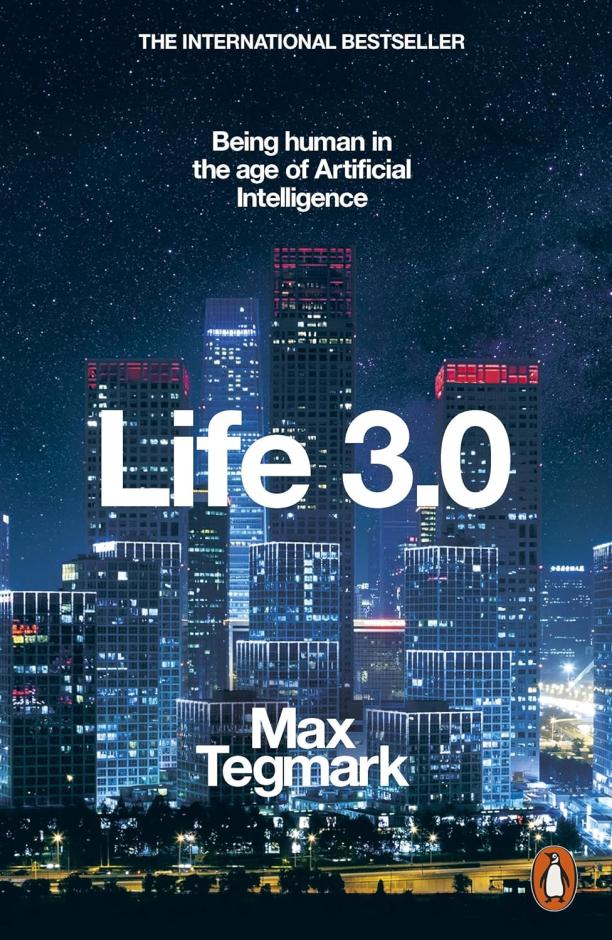
Life 3.0
Being Human in the Age of Artificial Intelligence
Max Tegmark
The book explores the future of artificial intelligence and its impact on the fabric of human existence, discussing potential scenarios and ethical considerations. It delves into how AI might enhance or disrupt aspects of life such as jobs, war, society, and the very definition of human intelligence.
See full summary